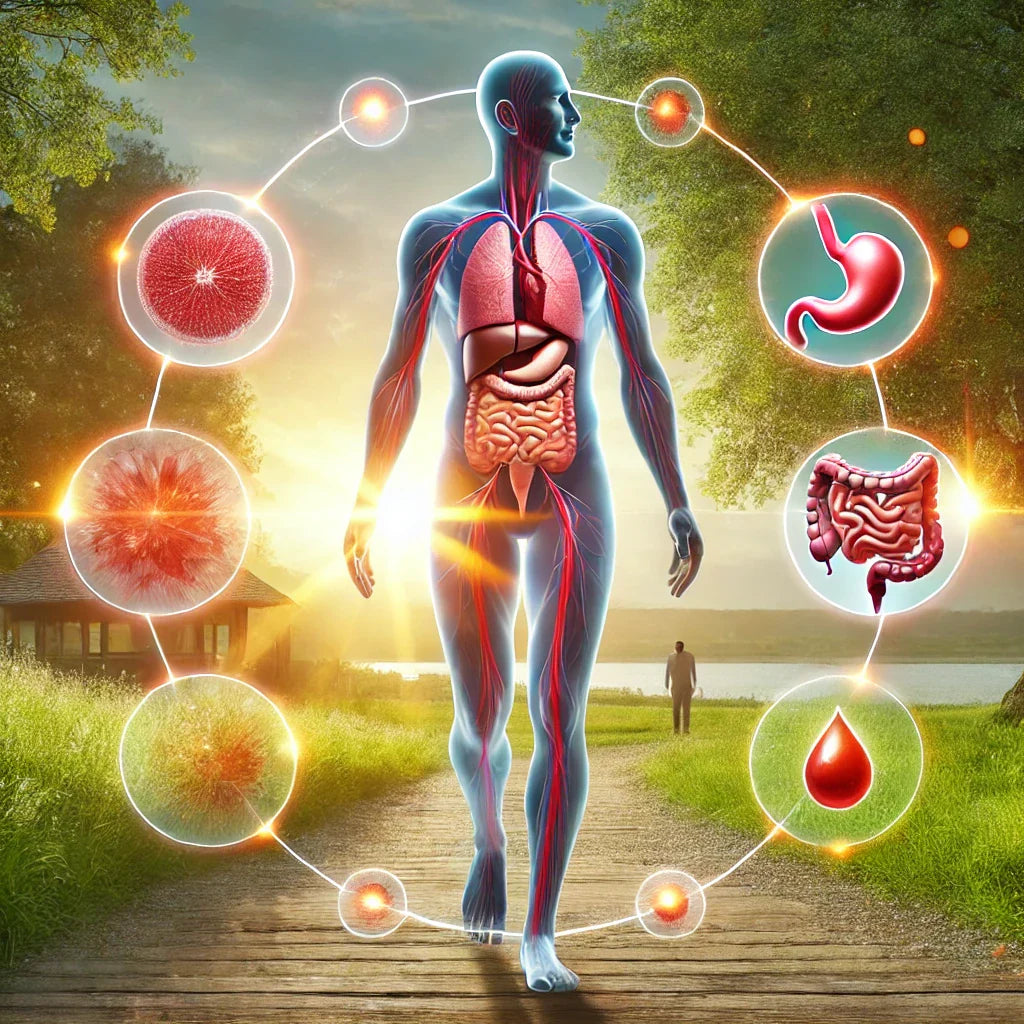- Type: Individual Test
Bundle - CBC + CMP (SAVE 25%!)
Order now and you'll receive your lab requisition within 24 hours.
Test Type:
Test Method:


Bundle - CBC + CMP (SAVE 25%!)
Lab Testing is Simple, Fast, and Convenient
Choose the individual test or lab panel that suits your health needs. You’ll receive your lab requisition within 24 hours. Visit any of the 3,000+ Quest Diagnostics centers using the button below. Once your sample is collected, your results will be securely delivered via email within 7–10 days.
View Quest Draw Locations



Lab Testing is Simple, Fast, and Convenient
Choose the individual test or lab panel that suits your health needs. You’ll receive your lab requisition within 24 hours. Visit any of the 3,000+ Quest Diagnostics centers using the button below. Once your sample is collected, your results will be securely delivered via email within 7–10 days.
View Quest Draw Locations




